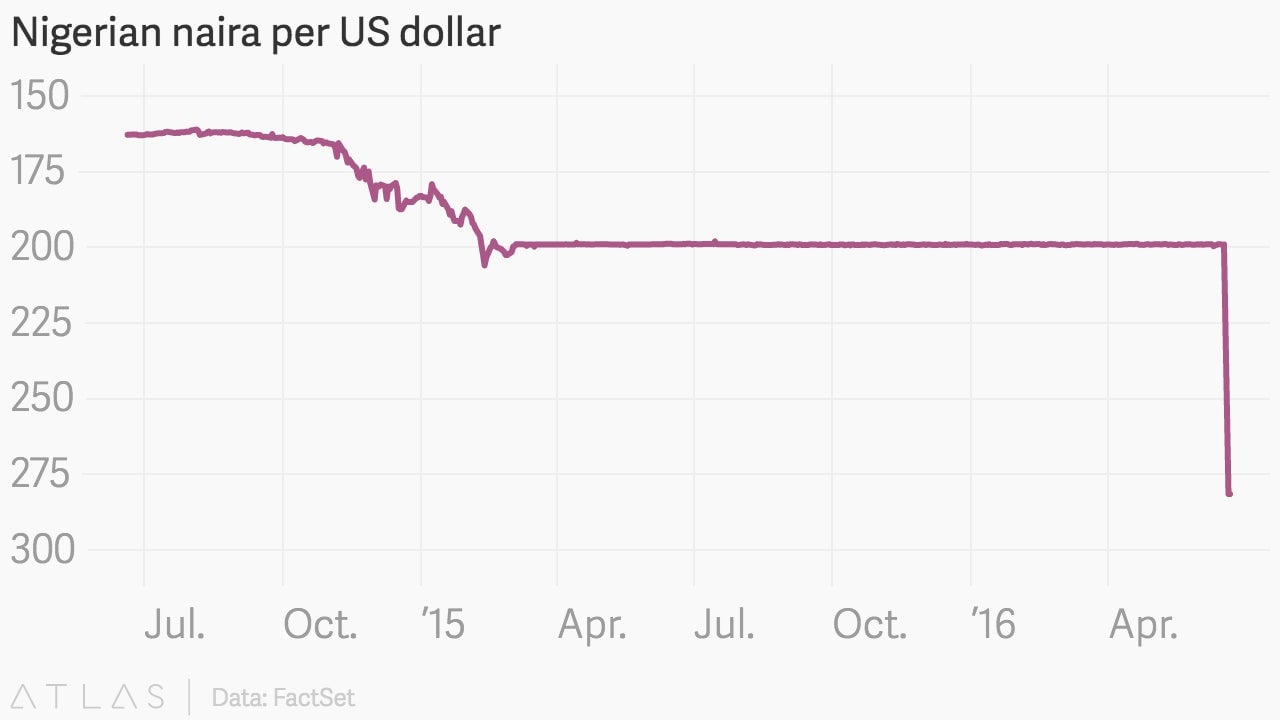Africa’s Brexit, Somaliland taxis, Tanzania’s social media rules
Hi, Quartz Africa readers!

Hi, Quartz Africa readers!
[insertSponsor]
Five stories from this week
Somaliland’s parents are buying secondhand cars. Desperate parents are trying to stop their sons running off on a dangerous journey across the Mediterranean to Europe by buying them taxis to drive, writes Lily Kuo. With a 70% youth unemployment rate it’s unclear if owning a taxi will be enough keep them at home.
A 700-year-old West African farming technique to beat climate change. For centuries, women in countries like Ghana and Liberia have added kitchen waste and charcoal to nutrient-poor tropical soil creating rich black soil, which anthropologists call “African dark earths.” Researchers believe this simple technique could help countries adapt to the effects of climate change as well as improve agriculture beyond Africa.
Tanzanians are getting jail time for insulting their president on social media. Within his first months in office, president John Magufuli laid out his agenda for prudence and won plaudits for his efforts. But much of that goodwill could be lost as two men have been charged (one was convicted) with insulting the president on WhatsApp and Facebook, writes Yomi Kazeem.
End of Days in South Africa. The American daytime soap Days of our Lives is leaving South Africa’s screens next month. The South African Broadcasting Corporation is on a drive to implement a 90% local content strategy. But the cancelation is just the latest sign of sweeping changes at the public broadcaster whose political independence is also being questioned, write Jackie Bischof and Lynsey Chutel.
Nigeria’s original startup city isn’t Lagos. Many Nigerians still think of the federal capital city of Abuja as a center of bureaucracy and government contract seekers. But in recent years it has quietly become a second city for entrepreneurs in the tech space with a budding community and innovation hubs opening shop, writes Enuma Okoro.
Quartz on Brexit
Brexit will be terrible for Africa. The effect of UK’s momentous vote to leave the European Union will be exacerbated by the ongoing commodities downturn and weak currencies in Africa’s large economies.
The UK can reverse Brexit if it really wants. But how? Among the suggestions, sign a petition or call a general election.
Some Brexit voters swallowed a bitter morning-after pill. “I didn’t think my vote was going to matter too much because I thought we were just going to remain.”
Will the UK’s Brexit spark copycats? Here are some possible names for other European exits.
Follow Quartz’s comprehensive Brexit coverage here.
Chart of the week
The naira tanked after its float—but that’s a good thing.
The Central Bank of Nigeria’s s new currency policy kicked in
on Monday
(June 20) and saw the naira’s value decided by market forces. The result? A steep fall. But given the Central Bank’s goal of erasing the gap between the naira’s official and parallel market values, it’s not as bad as it appears.

Other things we liked
There’s a strong correlation between better health services and GDP growth. The Financial Times’ David Pilling looks (paywall) at some of the health statistics across Africa and finds that things are improving much more than common perception. But the continent is still far behind where it could be, Pilling explains.
Tech is Africa’s new luxury industry. Veteran techie Victor Asemota, makes the case in Akoma, that being a tech startup in Africa is more than just making a great product for users on the continent. It’s about communicating a ‘meaning’ about what you’re doing and what your business represents. “The ultimate sale you will make after your product is your business. If you are in technology, knowing where the potential acquirers are and building a relationship with them is the most important thing you do.” It reminded us of this exchange in Silicon Valley season 3.
Keep an eye on
US first lady on a six-day visit to Africa. Michelle Obama will be visiting Morocco and Liberia with her daughters Sasha and Malia as part of her effort to promote girl’s education. In particular, it is hoped to highlight US government initiative Let Girls Learn, which was launched by president Obama and the first lady last year.
Another Zuma deadline in South Africa (June 28). President Jacob Zuma will find out what portion of taxpayers’ money spent on his private home that he has to repay. The country’s national treasury will announce that decision on Tuesday. The country’s top court ruled in March Zuma violated the constitution by refusing to abide with the graft ombudsman’s directive to pay back some of the funds.
Our best wishes for a productive week ahead.Please send any news, comments, personal taxis and Days of our Lives memorabilia to [email protected]. You can follow us on twitter at @qzafrica for updates throughout the day.